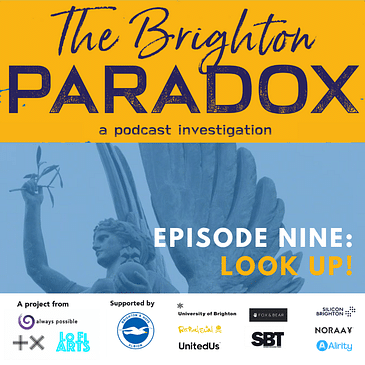- Where does leadership come from in Brighton & Hove?
- What kind of leadership is needed to get things done?
- Do we need a mayor or stronger networks with teeth to make change?
- Should Brighton be more of a regional leader as a city?
- Ed Chinn (https://twitter.com/Ed_Chinn)
- Mat Hunter (plusx.space)
- Sarah Springford (https://www.brightonchamber.co.uk/)
- Ian Trevett (https://www.rubixvt.com/)
- Kelly Dibbert (https://uk.linkedin.com/in/kelly-dibbert-33821818)
- Steve Rackley (https://siliconbrighton.com/)
- Rachel Carter (https://futurecreators.org.uk/)
- Joseph Young (https://www.theceramichouse.co.uk/)
- Caroline Lucas MP (https://www.carolinelucas.com/)
- Andy Budd (https://www.andybudd.com/)
- Declan Cassidy (https://intogames.org/)
- Naomi Alexander (https://brightonpeoplestheatre.org/)
- Simon Fanshawe (https://en.wikipedia.org/wiki/Simon_Fanshawe)
- Seb Royle (https://platf9rm.com/)






